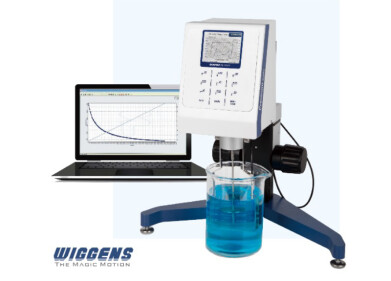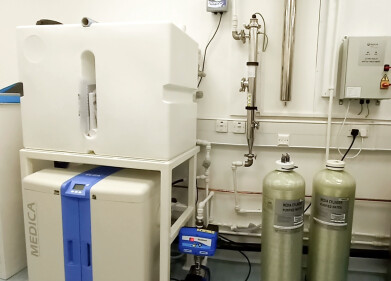Laboratory Products
How Can the Tasmanian Devil Help Fight Superbugs?
Oct 19 2016
It may have a ferocious name, but according to medical scientists Tasmanian Devils could be a revolutionary new weapon when it comes to fighting antibiotic resistant superbugs. After closely studying the marsupials, a team of Australian researchers from Sydney University discovered that Tasmanian Devil milk is laced with six peptides capable of killing off infections such as MRSA. The team believes that the peptide rich milk is produced to help Tasmanian Devils nurture their young, and protect them from infections.
From marsupial to medicine
Following the discovery, scientists are now exploring ways to isolate the milk’s peptides and create new treatments for human infections. To do this, they scanned the Tasmanian Devil’s genetic code and used data to recreate synthetic versions of the infection-fighting compounds known as cathelicidins. According to the team, peptide fortified milk isn’t just exclusive to Tasmanian Devils. Similar peptides are also found in the milk of other marsupials, which means further studies are on the horizon.
"Tammar wallabies have eight of these peptides and opossums have 12," explains PhD student Emma Peel, who was part of the research project.
Dirty devils
So what led the team to investigate the milk properties of marsupials? While they may seem cute and cuddly, the pouches that marsupials raise their young in are actually brimming with bacteria. This makes them dynamic candidates, as babies manage to mature in a relatively dirty environment for months on end.
After recreating the six peptides found in Tasmanian Devil milk, the Sydney based team tested the compounds on 25 different types of bacteria, and six forms of fungi. Not only were they incredibly effective, but peptide Saha-CATH5 even managed to fight off a methicillin-resistant superbug known as Staphylococcus aureus, aka MRSA. Most of the time MRSA is harmless, with most humans carrying it inside their nose and throat, as well as on their skin. However if it penetrates the body via an open wound, it can cause major medical problems. The peptides were also able to kill Vancomycin-resistant enterococcus, as well as Candida fungi which is a common cause of skin infections.
A medical breakthrough?
With the latest research predicting that by 2050 superbugs could be responsible for killing one person every three seconds, marsupial milk could emerge as a medical breakthrough.
“We need to do this hunting in unusual places for new antibiotics. People are beginning to explore and find new molecules," asserts Dr Richard Stabler, Associate Professor in Molecular Bacteriology at the London School of Hygiene & Tropical Medicine.
Health risks are a constant concern, not only on a global scale but also for employers operating in niche markets. industrial furnace manufacturers. ‘Substitution of Aluminium Silicate Wool Products in Laboratory Furnaces’ explores how manufacturers are working to minimise the risks associated with hazardous substances, with a focus on the substitution possibilities of amorphous aluminium silicate wool products.
Digital Edition
International Labmate Buyers' Guide 2024/25
June 2024
Buyers' Guide featuring: Product Listings & Manufacturers Directory Chromatography Articles - Enhancing HPLC Field Service with fast-response, non-invasive flowmeters - Digital transformatio...
View all digital editions
Events
Jul 20 2024 Denver, CO, USA
Jul 21 2024 Cape Town, South Africa
Jul 28 2024 San Diego, CA USA
Jul 30 2024 Jakarta, Indonesia
Jul 31 2024 Chengdu, China





.jpg)



24_06.jpg)









